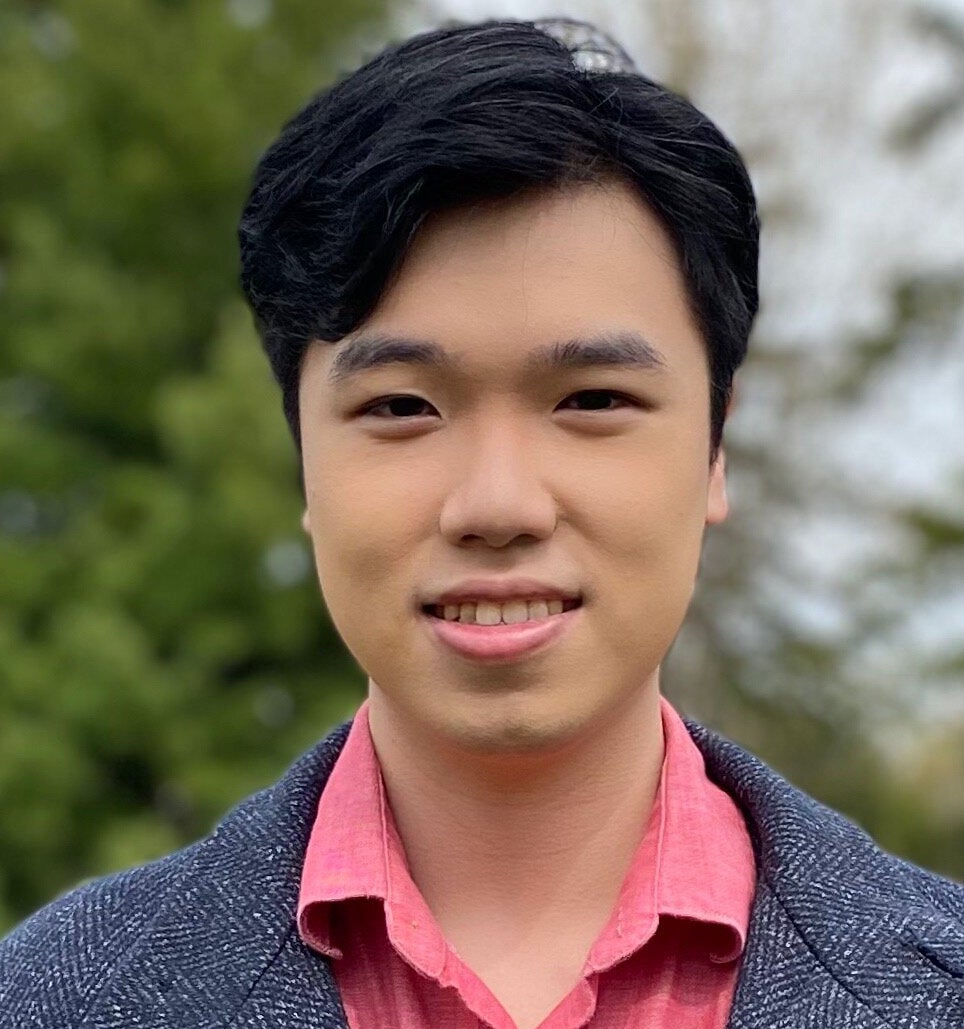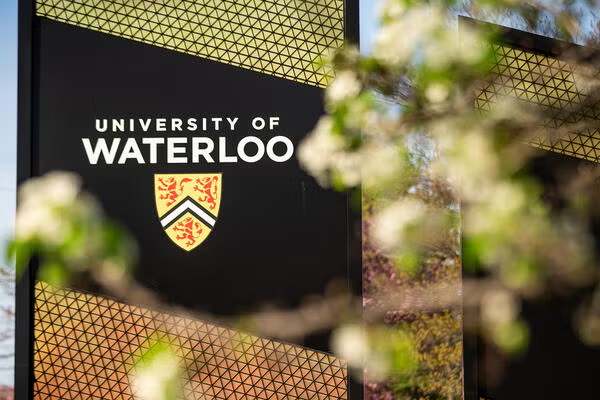
Advancing energy storage systems
Vanier scholar working on improving the performance and lifespan of lithium-ion batteries

Vanier scholar working on improving the performance and lifespan of lithium-ion batteries
By Carol Truemner Faculty of EngineeringFunding from a prestigious Canadian scholarship will help a new chemical engineering doctoral student improve the performance and lifespan of lithium-ion batteries.
Manh-Kien Tran will receive $50,000 annually for the next three years from the Vanier Canada Graduate Scholarship to further develop his research focused on building a smart cloud-based battery management system.
“I believe that advancements in energy storage systems will pave the way to a safer, cleaner, and more energy-efficient society,” says Tran. 
As a recipient of a Vanier scholarship, Tran is motivated to reach his full potential as a researcher.
”I feel that I have a greater responsibility to contribute to my research field as well as my community," he says.
Vanier scholar Manh-Kien Tran
Tran, who earned both his undergraduate and master’s degrees in chemical engineering at Waterloo, served as the controls and system modeling and simulation team lead for the University of Waterloo Alternative Fuels Team (UWAFT) for over a year.
He chose to stay at the University for his doctorate because of its “world-class research facilities, knowledgeable and reputable advisors, and amazing community.”
After completing his PhD, he plans to pursue a post-doctoral fellowship to further his research in smart monitoring systems and then continue on with a career in academia.
Tran was one of three across campus to be awarded a Vanier Canada Graduate Scholarship this year.
The federal government launched the scholarship program in 2008 to strengthen the country’s ability to attract and retain world-class doctoral students and establish Canada as a global centre of excellence in research and higher learning.

Read more
From regenerative medicine, closed-loop health monitoring, Indigenous approaches to architectural design and more, the funding supports future-focused projects

Read more
The medal honours outstanding individuals across Canada who have made significant contributions to their communities

Read more
Funding will support international collaboration between Waterloo and United Kingdom-based researchers to advance quantum communications and quantum sensing
The University of Waterloo acknowledges that much of our work takes place on the traditional territory of the Neutral, Anishinaabeg, and Haudenosaunee peoples. Our main campus is situated on the Haldimand Tract, the land granted to the Six Nations that includes six miles on each side of the Grand River. Our active work toward reconciliation takes place across our campuses through research, learning, teaching, and community building, and is co-ordinated within the Office of Indigenous Relations.
Select 'Accept all' to agree and continue. You consent to our cookies if you continue to use this website.